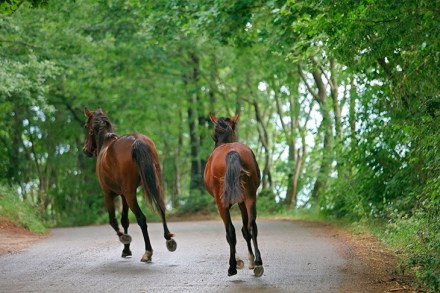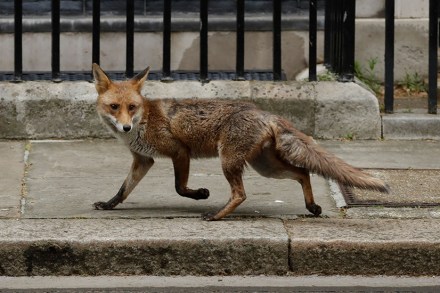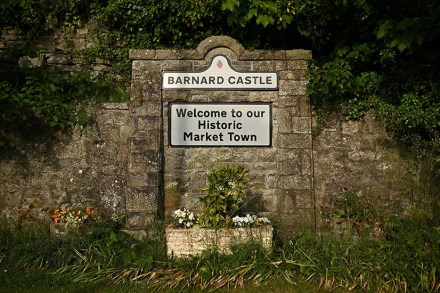There were horses loose in a Public Sex Environment
The two horses looked like they had never seen anything like it. They had wound up in a dark car park renowned for the practice known as ‘dogging’ after being found wandering perilously close to the M25. A jockey who just happened to be passing — ahem — was holding on to them as the usual nocturnal customers of this beauty spot carried on doing what they do. The police were out in force, busy trying to solve this baffling crime. We arrived after getting a call from a neighbouring horse owner warning us that horses in our area were loose. After racing to our fields around 9 p.m. to




















